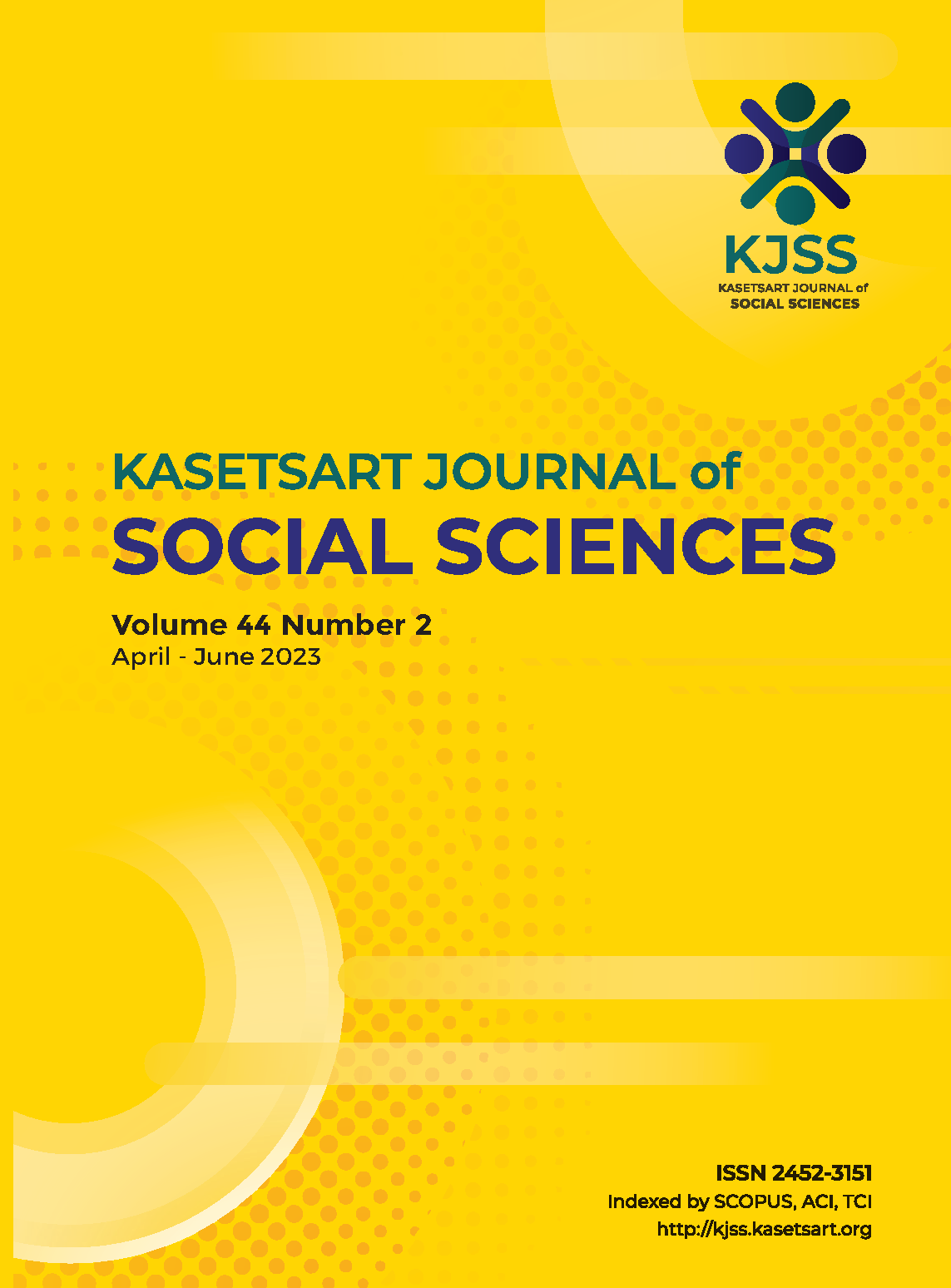The effect of the self-compassion journey program on self-compassion in Thai emerging adults and adolescents
Keywords:
adolescent, emerging adult, experimental research, self-compassion, self-compassion web-based interventionAbstract
The study aimed to explore the effectiveness of the Self-Compassion Journey (SCJ) program, a two-week web-based intervention designed to develop self-compassionate levels, in Thai emerging adults and adolescents. To extend the feasibility of the SCJ program, this study consisted of two studies. The first study was exploring the effect of the program on emerging adults (45 undergraduate students aged 18 to 24 years old) and the second study on adolescents (40 high-school students aged 15 to 18 years old). Participants in both studies had self-compassion scores below the 75th percentile and were randomly assigned to the intervention group or waitlist control group. The data were analyzed by two-way mixed ANOVA; that is, the between-group variable was participating in the SCJ program (intervention group and control group) and the within-group variable was times of measurement (pre-test, post-test, and follow-up). Both studies found significantly increased self-compassion score from pre-test to post-test (p < .001) and the score from post-test to follow-up period remained the same with no changes (p = .830 in study 1 and p = 1.00 in study 2). Therefore, the SCJ program could effectively enhance selfcompassion in Thai emerging adults and adolescents.
Downloads
Published
How to Cite
Issue
Section
License

This work is licensed under a Creative Commons Attribution-NonCommercial-NoDerivatives 4.0 International License.
This is an open access article under the CC BY-NC-ND license http://creativecommons.org/licenses/by-nc-nd/4.0/










